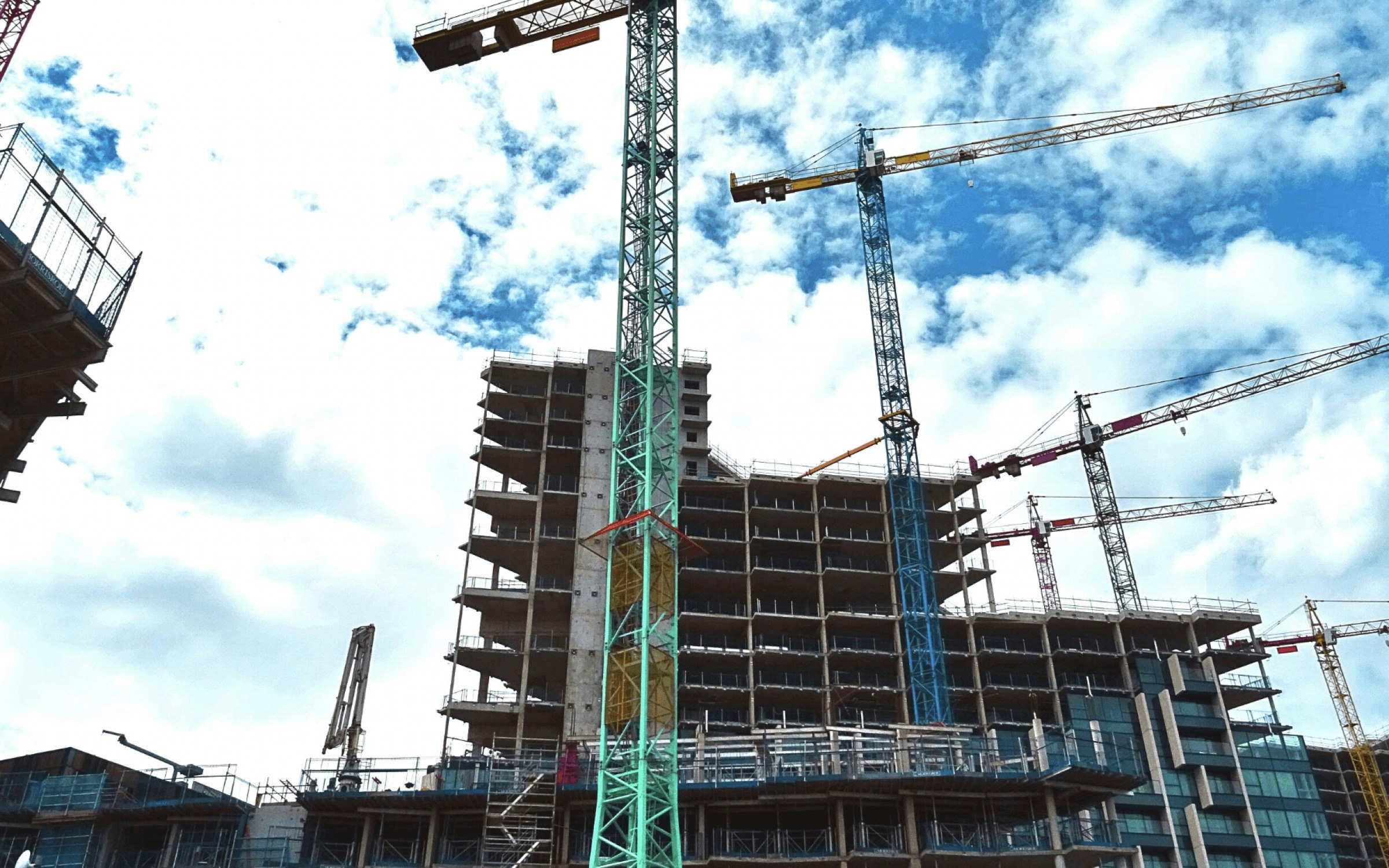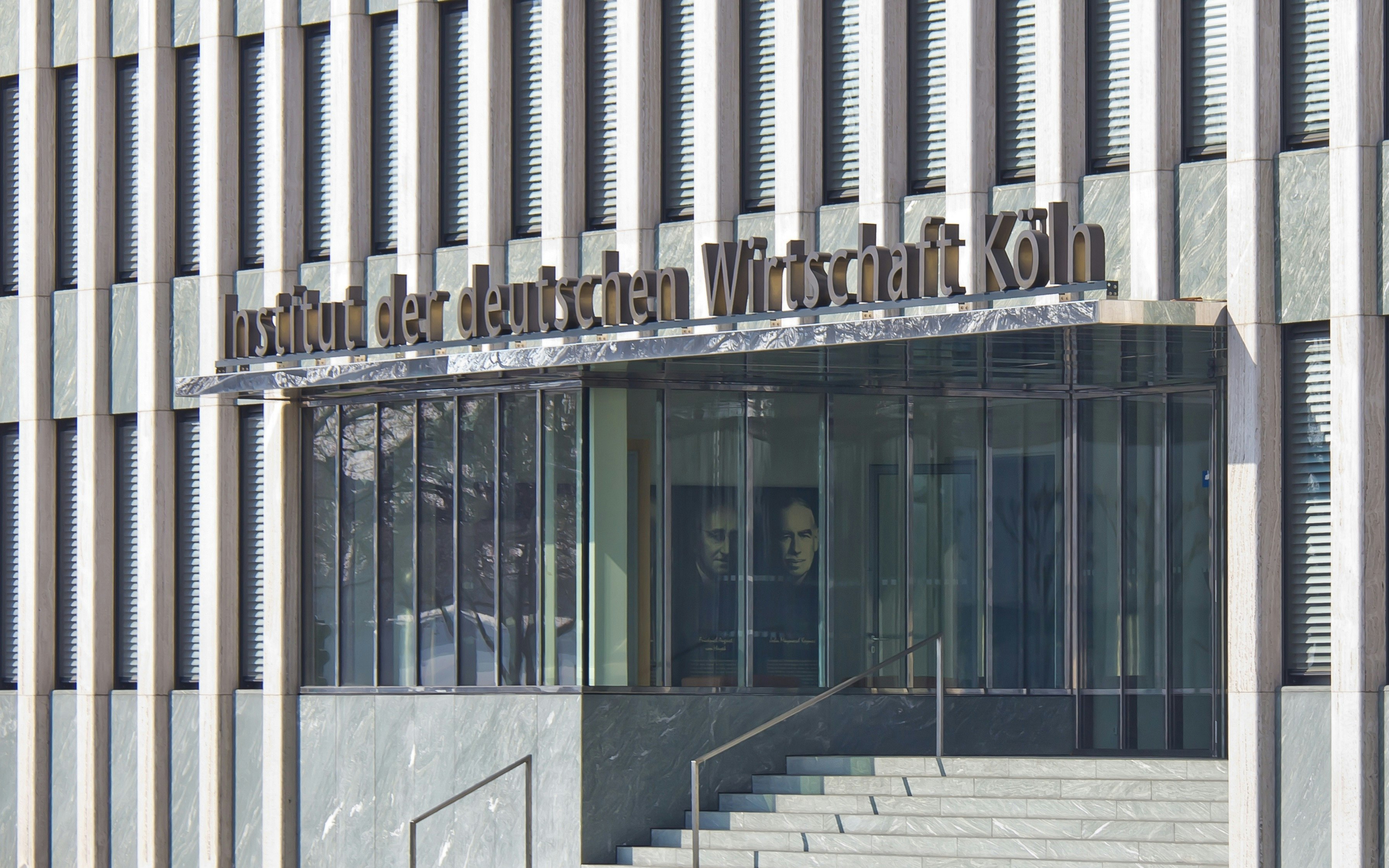Dramatic decline in the number of building permits in Germany in September of this year
According to the Federal Statistical Office, this is just another indication of the ongoing decline in residential construction in Germany. A total of 195,100 building permits were issued for the period from January to September of this year, which corresponds to a decrease of 28.3 percent compared to the previous year. Experts attribute this mainly to high construction costs and poor financing conditions. The goal set by the federal government of 400,000 new housing units per year seems to be far off, and it is not expected that the current situation will improve in the foreseeable future.
According to Milo Bogaerts, CEO of credit insurer Allianz Trade in Germany, Austria, and Switzerland, the impact of this trend can be significantly felt by project developers, construction companies, and especially the housing market. A deficit of 700,000 apartments is feared by the year 2023, which is likely to further exacerbate the already tense situation in the housing market.
Particularly poor performance in single and two-family houses, with building permits declining by 38.4 percent and 51.9 percent respectively. There is also a significant decrease in multi-family houses, with a decline of 27.2 percent to 105,200 approved units, while residential homes saw a slight increase of 8.4 percent to 6,200.
While the European Central Bank (ECB) recently raised interest rates to 4.50 percent due to rising inflation rates, economists expect a reduction only by the end of next year, possibly leading to cheaper construction financing. However, until then, many political decision-makers in Germany will be required to address the current problems in housing construction.







